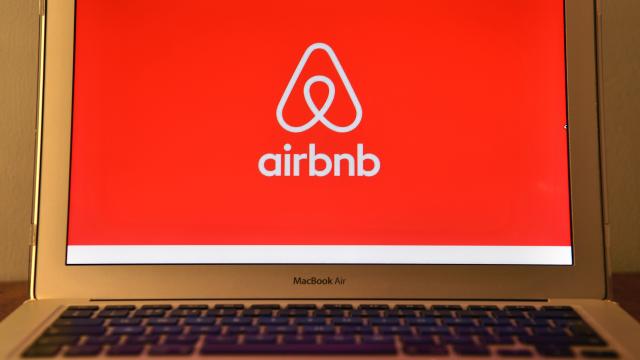In China, powerful systems are already being used to target entire minority populations, illustrating how a nation’s discriminatory leanings are exacerbated by the use of technology.
Now, a new report indicates how this unsettling reality is also true for something as seemingly innocuous as booking a place to stay on holiday.
As Wired first reported, there are dozens of Airbnb listings that explicitly state that certain ethnic minorities are not allowed to rent the hosts’ spaces. The publication found 35 of these listings, which namely discriminated against Uyghurs, the country’s Muslim minority, and Tibetans, another ethnic minority suppressed in China.
A listing that has since been deleted also banned the Hui people, which is a predominantly Muslim East Asian group. Another reportedly banned Kazakhs, another ethnic minority in China targeted by the country’s suppression and political indoctrination. Wired reported that after it reached out to Airbnb regarding the story, 15 of those listings were taken down.
“We do not have the permission of the police station” to host Uyghurs, so “please do not book,” Wired reported one listing as stating, with another listing stating that Tibetans and Ughurs aren’t allowed to rent a condo because of local regulation.
Airbnb does have a nondiscrimination policy, but it has a separate one for hosts outside of the United States and European Union that is transparently less comprehensive and protective for guests in these regions.
It states that for these regions, which include Australia (emphasis ours):
…some countries or communities may allow or even require people to make accommodation distinctions based on, for example, marital status, national origin, gender or sexual orientation, in violation of our general nondiscrimination philosophy. In these cases, we do not require hosts to violate local laws, nor to accept guests that could expose the hosts to a real and demonstrable risk of arrest, or physical harm to their persons or property. Hosts who live in such areas should set out any such restriction on their ability to host particular guests in their listing, so that prospective guests are aware of the issue and Airbnb can confirm the necessity for such an action. In communicating any such restrictions, we expect hosts to use clear, factual, non-derogatory terms. Slurs and insults have no place on our platform or in our community.
“All Airbnb users must agree to our Community Commitment and are expected to comply with local rules,” an Airbnb spokesperson told Gizmodo in an email.
“Like all businesses operating in China, including international hotels, Airbnb and Airbnb hosts are also required to comply with local rules. Airbnb takes reports of discrimination very seriously, evaluates these incidents on a case-by-case basis and takes action accordingly.”
It isn’t difficult for hosts to identify potential guests based on their ethnicity — every Chinese citizen has to get a national ID card when they turn 16 that includes basic information such their name and date of birth, but also their gender, ethnicity and domicile. It’s used, among other things, to check into hotels and travel.
Airbnb doesn’t have a great track record when it comes to taking a strong stand on listings that are a point of contention, especially around issues of discrimination and suppression.
In November of last year, after mounting public pressure over Israeli settlement properties listed in the disputed West Bank, Airbnb announced that it had ultimately decided, after speaking with experts and developing a decision-making framework, that it would take down about 200 listings in this area.
But last month, the company reversed its decision, stating that the profits from these listings would all go to charity. In the five months between Airbnb’s declaration that it would remove these listings and the reversal of this decision, the listings had never been completely removed.
This dizzying issue along with the discriminatory listings in China serve as a reminder that while in certain regions the company may take a stated hard stance on inclusion and respect, in others it would prefer a more passive, even complicit approach to oppression on its platform.
Airbnb aims to hit one billion users ahead of its anticipated IPO later this year.
